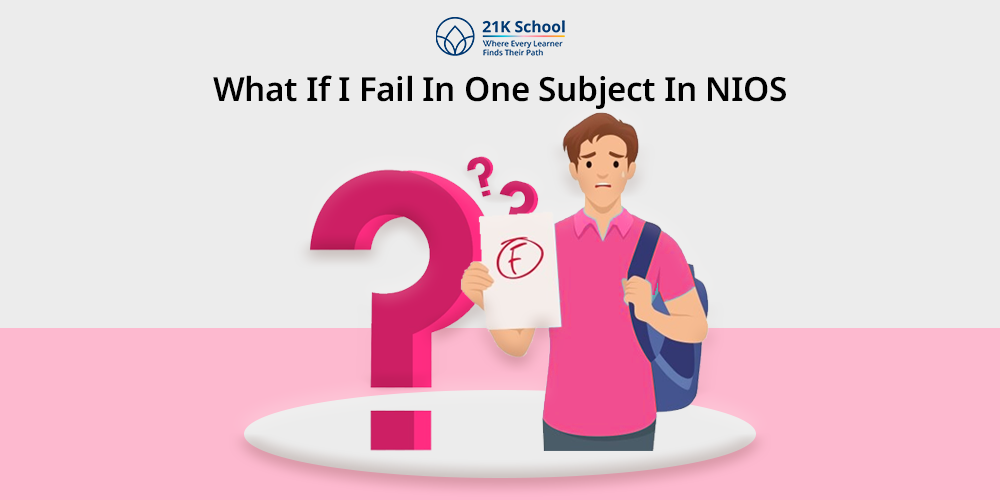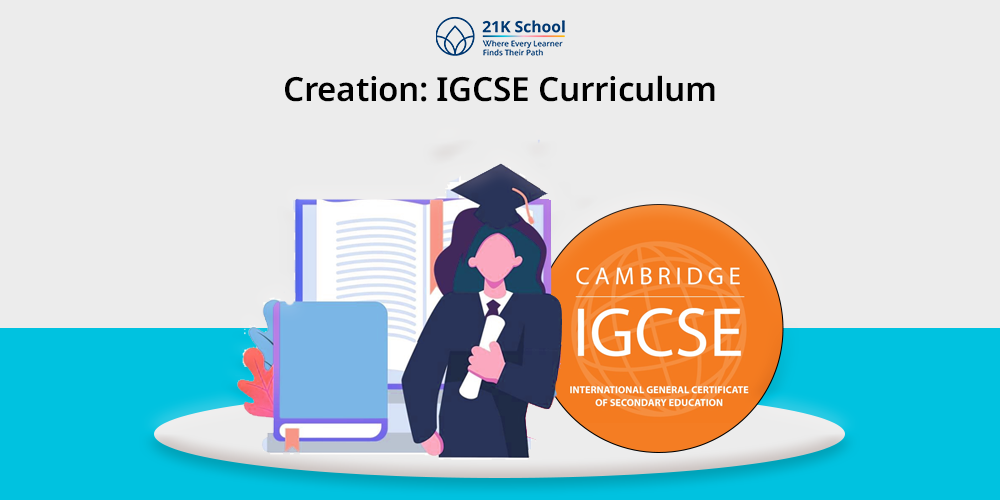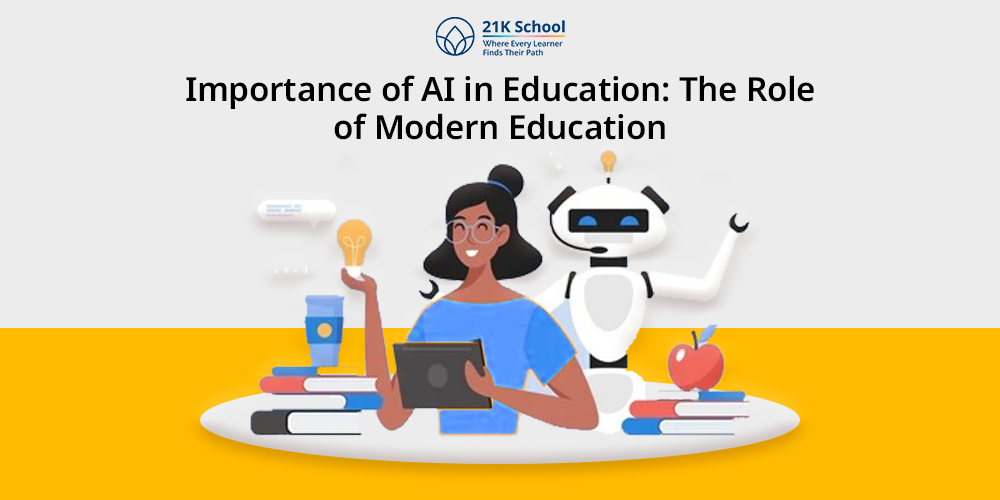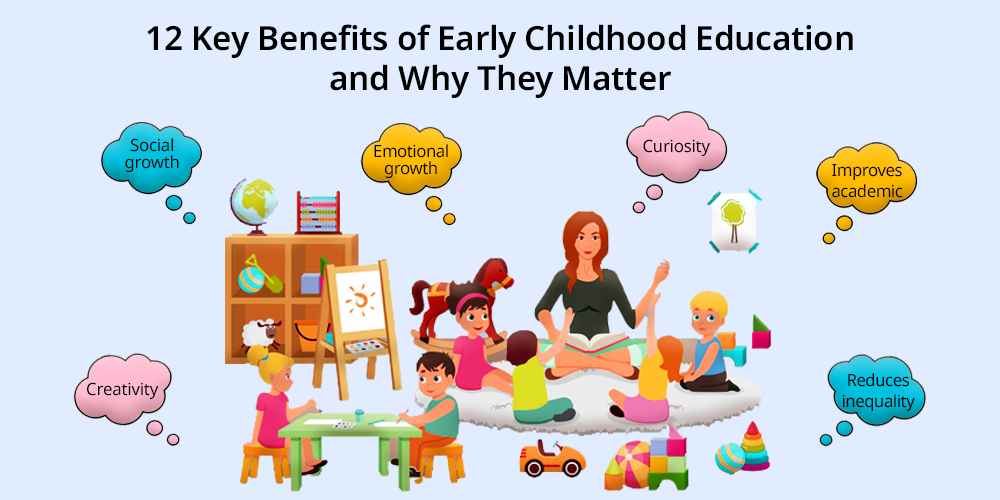
When kids start going to school, it is considered as a result of early childhood education that provides the ground work for their learning lifetime.
These are the years that the kids learn essential skills, practice their imagination and learn how to interact with peers.
Providing quality early education is not only investing in a child’s future but also empowering communities and creating a positive impact on society.
This blog explores the potential of early childhood education, and possible ways it changes cognitive, social and economic realms.
Contents
- Why Early Childhood Education?
- The Benefits of Early Childhood Education
- 1. Cognitive Development
- 2. Social and Emotional Growth
- 3. Improved Academic Achievement
- 4. Enhanced Communication Skills
- 5. Promotes Creativity and Curiosity
- 6. Fosters Independence and Responsibility
- 7. Encourages Lifelong Learning
- 8. Support for Families
- 9. Reduces Inequality
- 10. Health and Well-being
- 11. Better Prepared for Future Challenges
- 12. Economic Benefits
- Conclusion
Why Early Childhood Education?
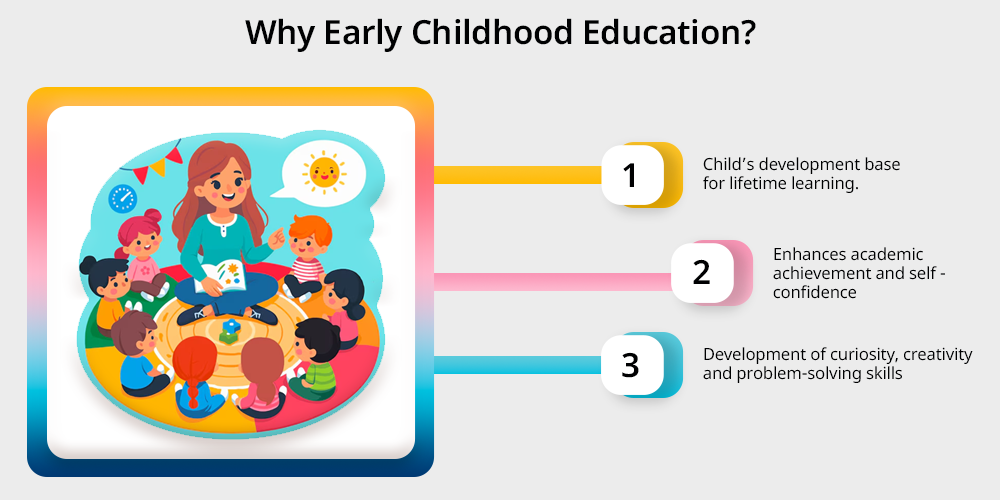
Education is important as concern to early childhood education as it lays the child’s development base for lifetime learning.
They benefit children as they play an important role in cognitive, social and emotional development through their childhood years.
The development of curiosity, creativity and problem-solving skills resulting from early education enhances academic achievement and self/confidence. Furthermore, it fosters relationships with peers or other adults.
Children are ready for more educational work in the future and for success. Pre-school education is a strong foundation for the better future of children and in return, flow investment returns.
The Benefits of Early Childhood Education
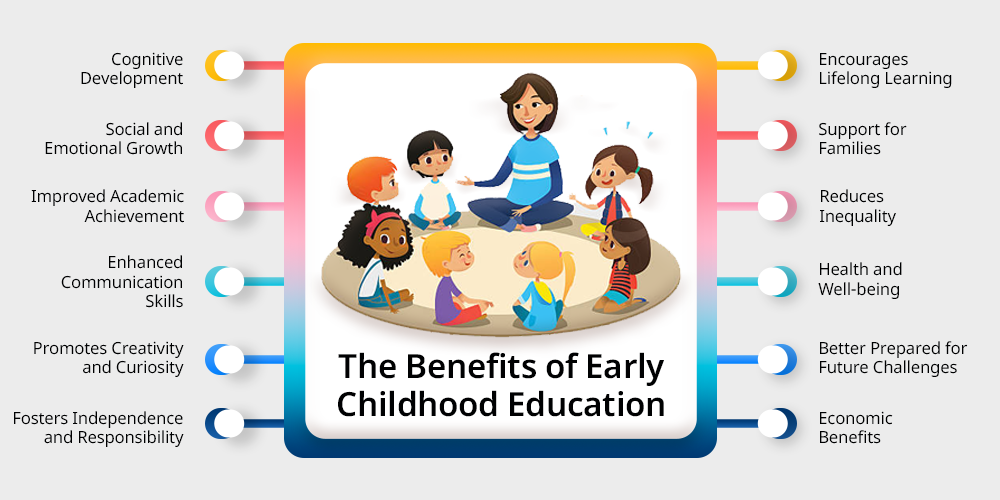
1. Cognitive Development
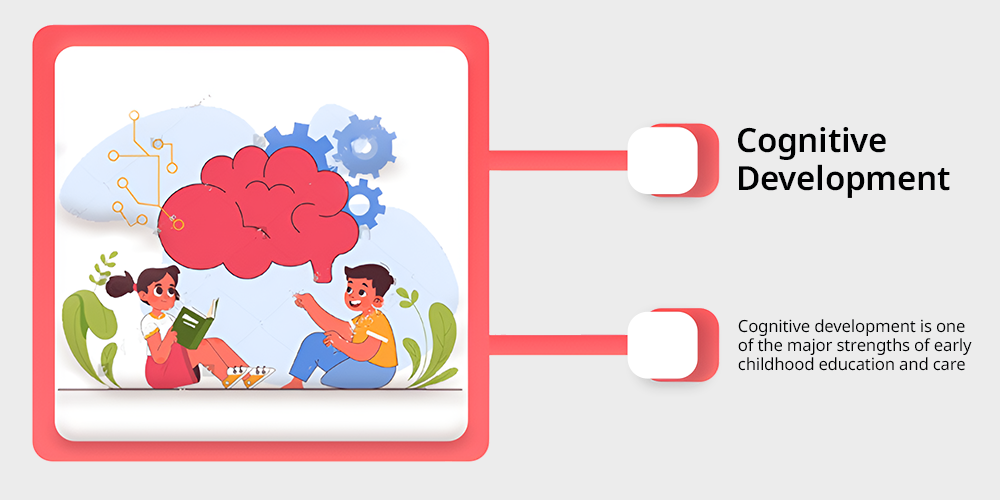
Cognitive development is one of the major strengths of early childhood education and care.
In the first years of the child’s development, the brain is very plastic and porous, that is, the child receives a great amount of information.
Heredity programs make children familiar with numbers, letters, shapes, and patterns, and help to improve their problem solving and critical thinking skills.
These include, story telling, jumping puzzles, and whatsoever may enhance the development of the brain as a solid structure for learning.
2. Social and Emotional Growth
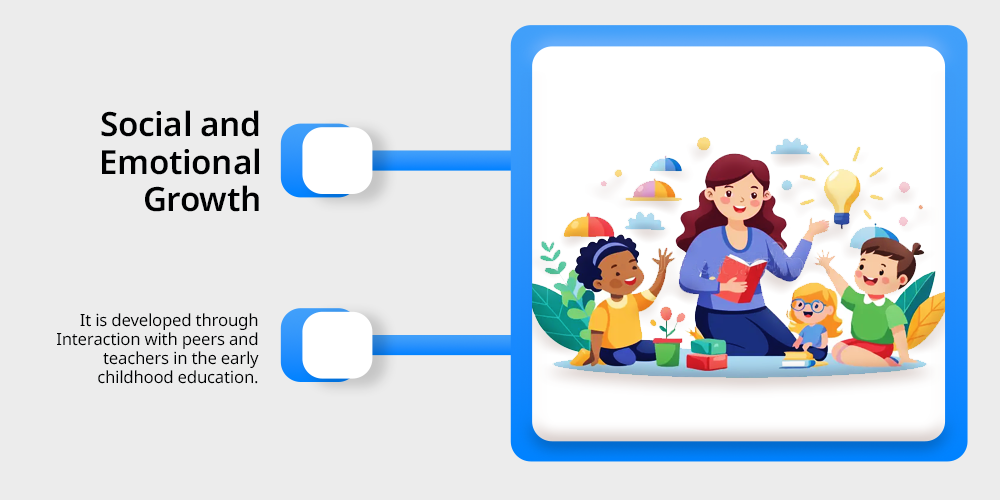
Social and emotional development is developed through Interaction with peers and teachers in the early childhood education.
These interaction assist them to adopt some fundamental aspects in their social relations such as sharing, learning to accept one another and even solving some of their disagreements amicably. It also boosts social emotional learning in students.
Play also helps children to understand their feelings in the structured environment in order to enhance emotional self regulate skills.
The kind of activities that involve group participation e.g., group games or group discussions vested the feelings of team work and security among children.
3. Improved Academic Achievement
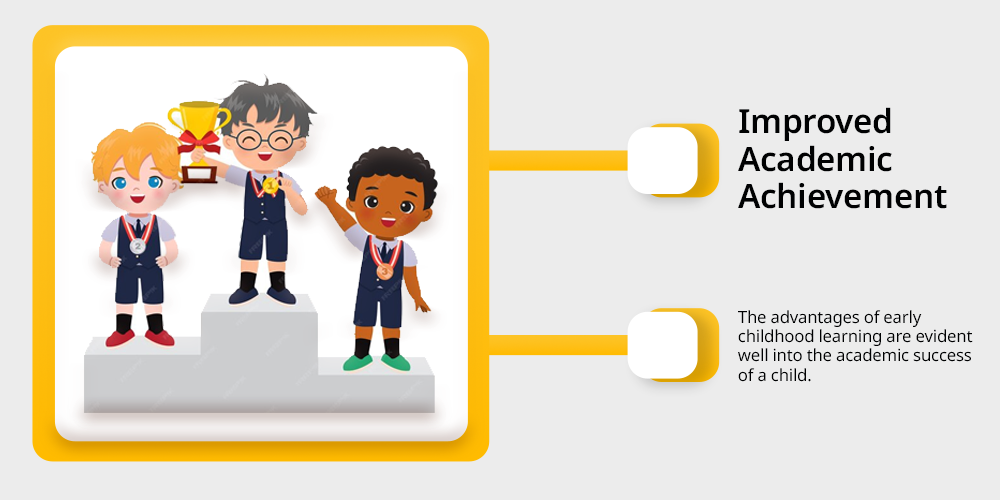
The advantages of early childhood learning are evident well into the academic success of a child.
Those who go to preschool or pre-schooling are likely to have better learning in the initial stages of schooling because they have already learnt some basics of reading and writing together with counting.
This early preparation helps them and eliminates chances of earlier struggles in their classes and also increase their morale.
There are works which explain that the children, who had early educational experience, receive better results when taking tests, drop-out less often, and continue education.
4. Enhanced Communication Skills
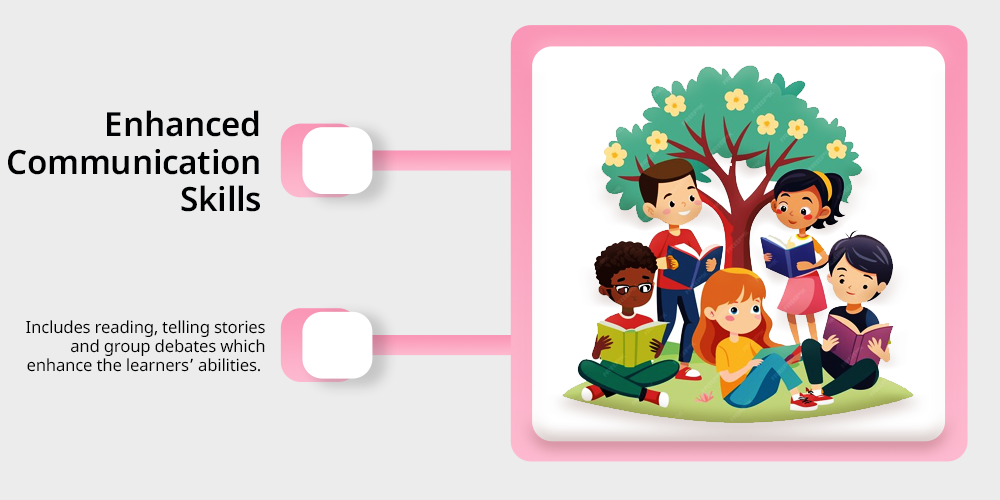
Communication as we all know it is very fundamental in the achievement of any goal in any sphere of life.
Preschool education enables children to get prepared to express themselves and to do so fluently.
They include reading, telling stories and group debates which enhance the learners’ vocabulary, understanding, and spoken abilities.
Teachers use their skills to ensure children are led to the point of expressing what they think and what they have in mind thus boosting their confidence levels.
Such communication skills not only benefit a student in his/ her academics but are also important in creating a firewall and improving on wholesome interpersonal relations.
5. Promotes Creativity and Curiosity
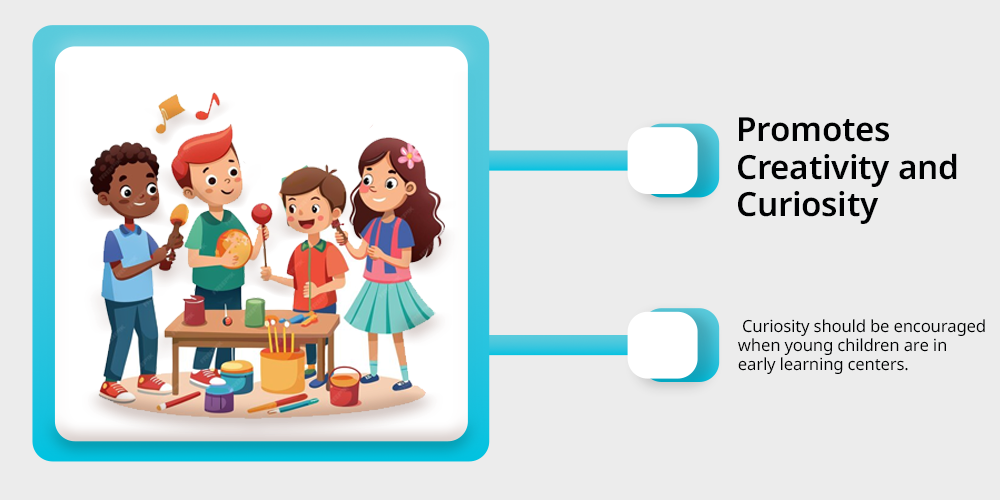
It is well known that young kids are curious and this curiosity should be encouraged when young children are in early learning centers.
With the introduction of art, music and science, or even nature, playing into education, or early childhood learning, imagination is fostered.
Manipulative play or usage of blocks as well as playing outside keeps the child curious and makes him or her solving problems.
This is the kind of development that can contribute to problem solving and curiosity in children in their formative years and a lifetime passion for learning.
6. Fosters Independence and Responsibility
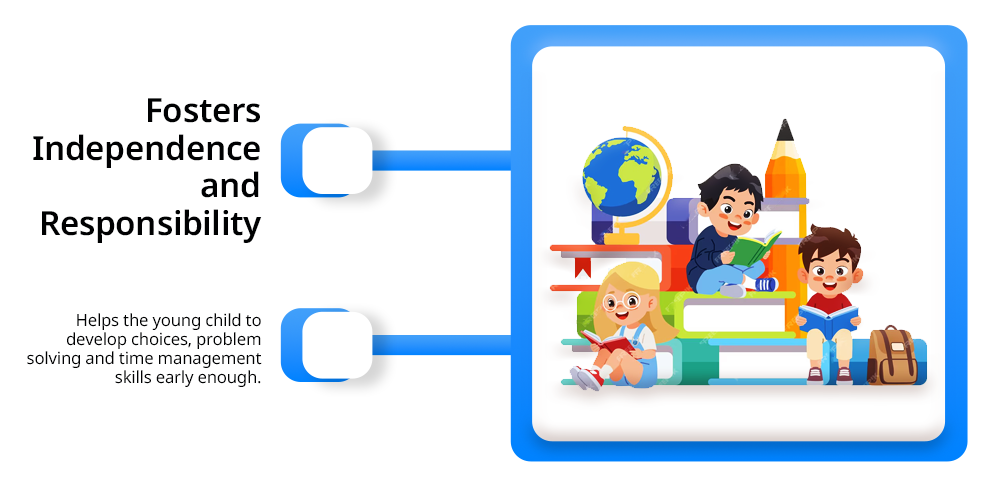
In classroom environment children are expected to be responsible for their actions and work on their own account.
Work that entails cleaning toys after use, or handling personal items during and after play shows children the importance of responsibility.
It also helps the young child to develop choices, problem solving and time management skills early enough.
These lessons in independence and individual responsibility are building blocks in becoming self sufficient individuals.
7. Encourages Lifelong Learning
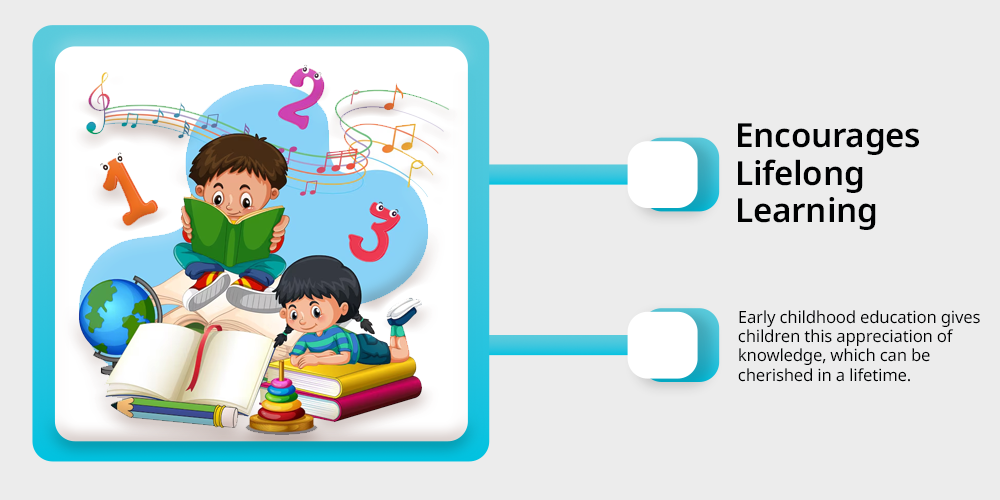
Kindergarten and early childhood education gives children this appreciation of knowledge, which can be cherished in a lifetime.
Educators get their children do meaningful and enjoyable things hence creating a positive attitude towards learning.
This passion is usually taken into college and lifelong making people to be in endless quest for knowledge.
People who continue learning in any stage in their lives can easily accustom themselves to changes, welcome challenges and remain interested.
8. Support for Families
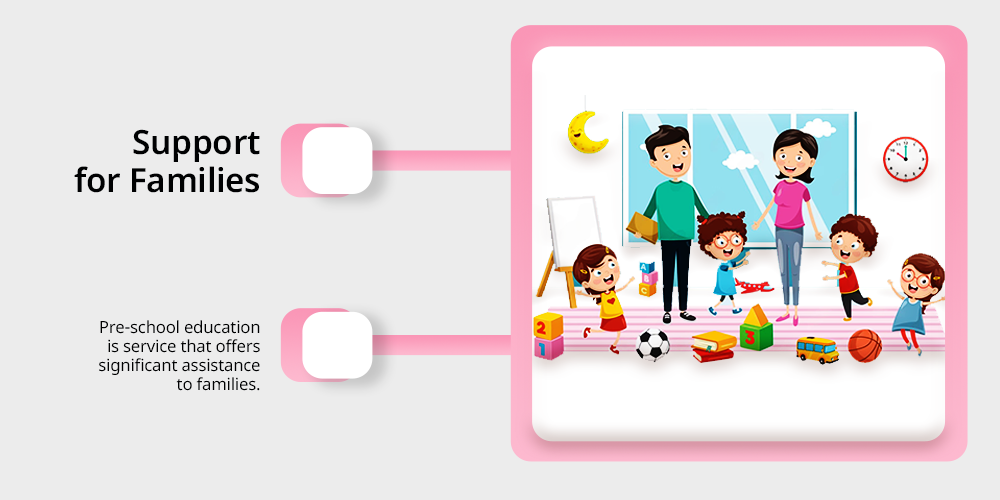
Pre-school education is service that offers significant assistance to families, which count on it, including families with working members.
These type of childcare programs ensures that children are safe and well taken care of, so that parents can effectively attend to their responsibilities such as employment. Nowadays parents are also helping kids in their online school.
Furthermore, most early childhood centers provide parents with information and recommendations to find out how their child can be supported at home to meet his or her developmental requirements.
Such kind of tripartite relationship between educators and families helps in promoting developmentalism approach to children.
9. Reduces Inequality
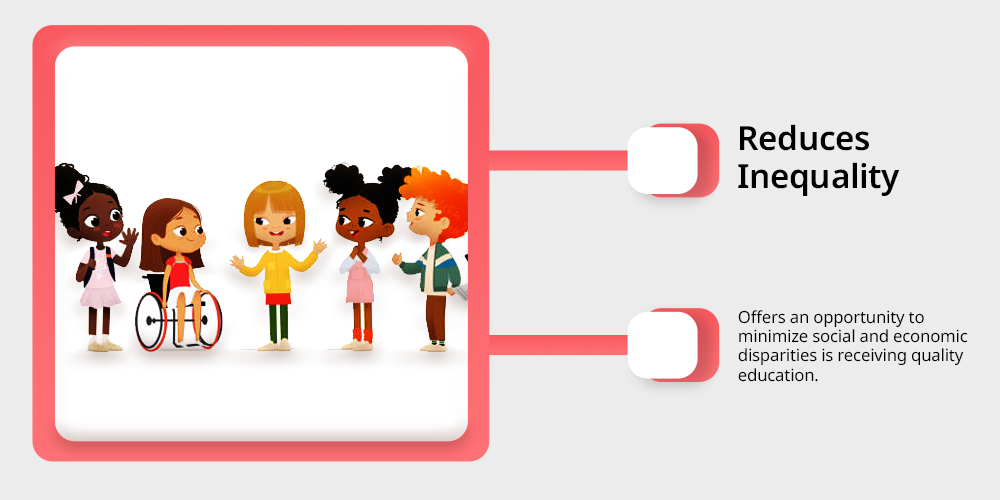
Another factor that offers an opportunity to minimize social and economic disparities is receiving quality education in the initial years of early childhood.
Children from these backgrounds suffer many disadvantages and are unable to have what most people assume is normal.
Early education programs are able to cover this apparent disadvantage and offer all children a good basis for their subsequent learning irrespective of their financial specificity.
These programs create equality in society and improve future generations since it removes any barriers existing between equals.
10. Health and Well-being
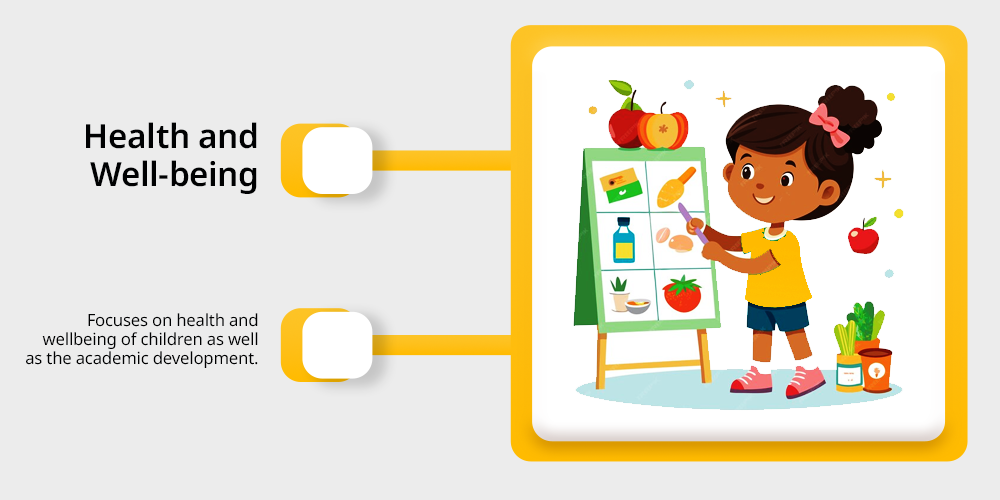
Many early childhood learning programs focus on health and wellbeing of children as well as the academic development. Outdoor trips, movements, games, and nutrition education for children build a healthy regime.
Also Read: Reasons Why Online Schooling Is Good for Your Mental Health
But besides these, health screening done in most programs, balanced meals given to the children also help the children grow healthy.
Moreover, one is likely to be emotionally supported by teachers and friends, factors that contribute to healthy mind status.
11. Better Prepared for Future Challenges
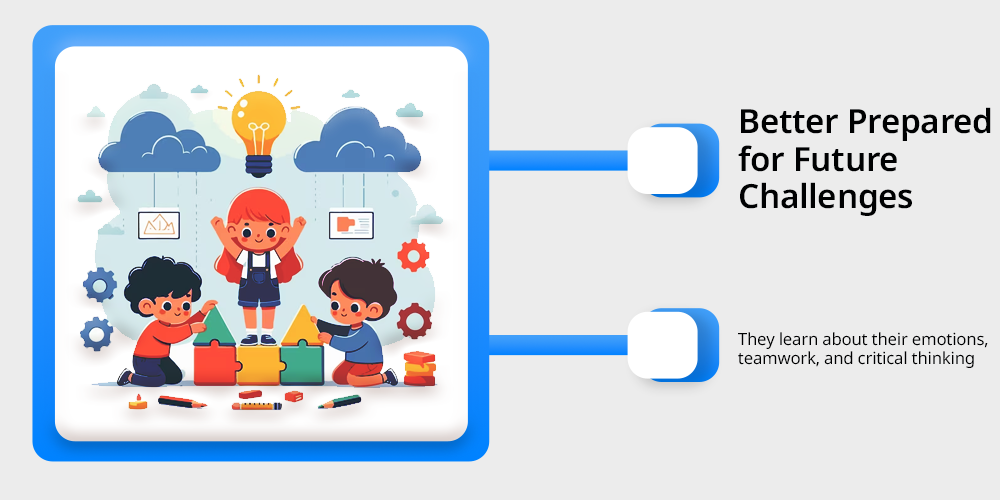
The young children who receive early childhood education get prepared to meet the situation they are going to face in school and in future.
And when they learn about their emotions, teamwork, and critical thinking, they become more of leaders and problem-solvers.
These skills are crucial to overcome challenges within a society thus mitigate chances of failure within society. Also, commencement on well-organized teaching situations assists kids to transfer into formal schooling easily.
12. Economic Benefits
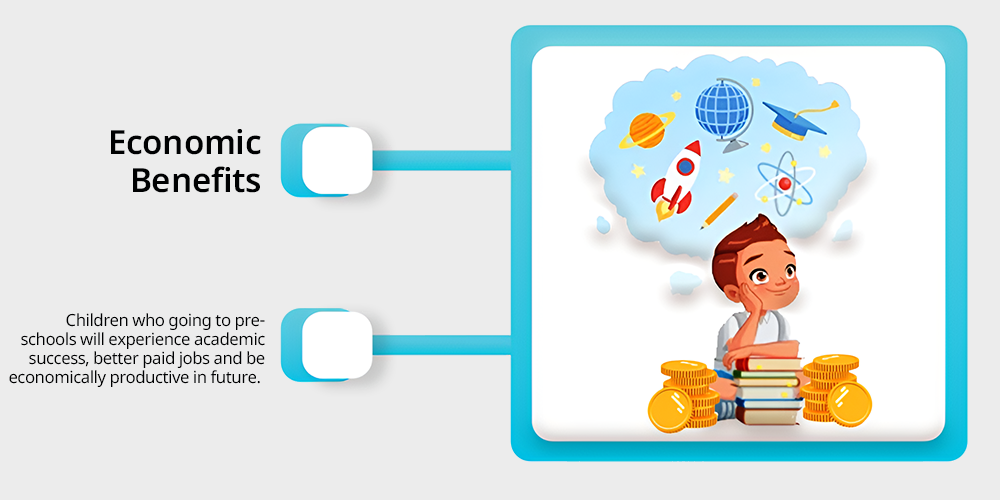
Spending money on the early education of children yield social returns that have strong returns on investment for the individual as well as society.
It has been established that, on the individual level, Children who going to pre-schools will experience academic success, better paid jobs and be economically productive in future.
At the macro level, it eradicates cases of remedial classes, decreases the crime rates among individuals and enhances the effectiveness of the workforce.
Research has confirmed that investment in early childhood education from each dollar has high economic returns that come with low social costs.
Conclusion
Going to preschool is an important tool that determines the further life of people and societies. It prepares learning for cognitive, socio-emotional development and the basis for success in a lifetime.
It ranges from improving academic performance, impacting the health, wellbeing and the economic status of individuals, and societies.
Play-based learning is an effective form of early childhood education which as parents, educators, and policymakers must ensure that every child gets an opportunity to experience.
In this regard, not only are we growing young talents to serve the society, but we arena preparing the future for a better tomorrow for all.

